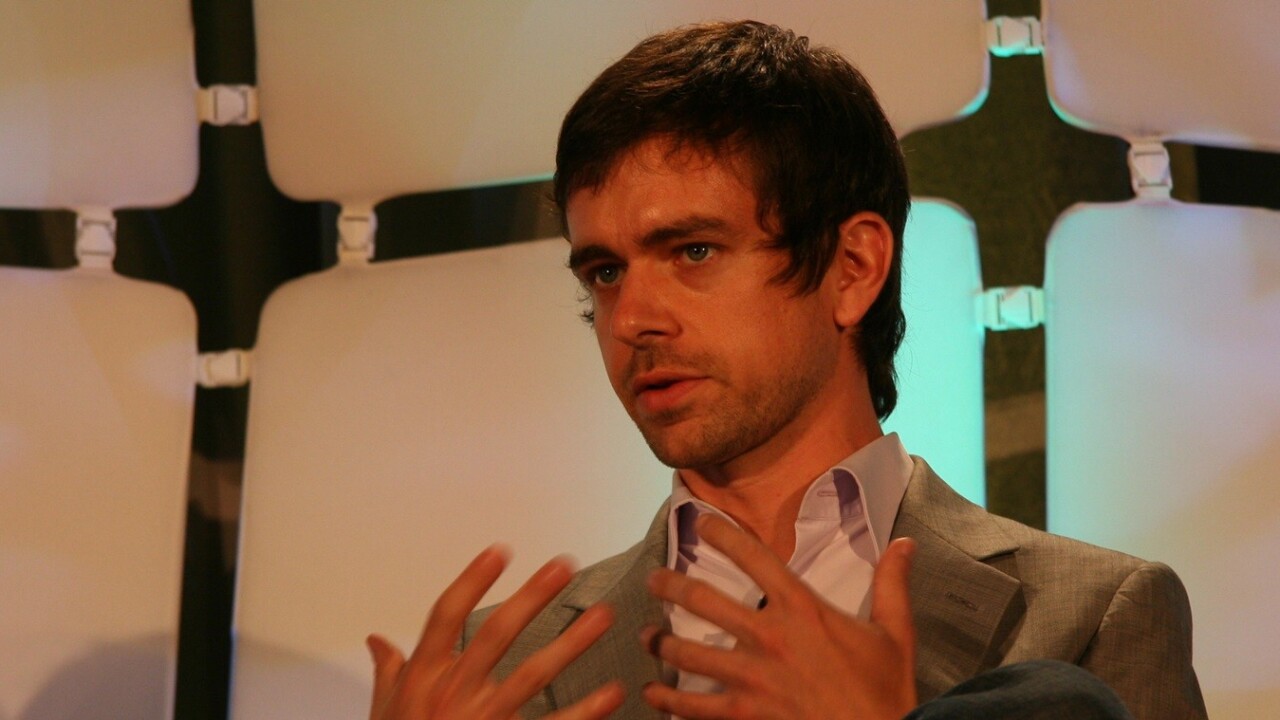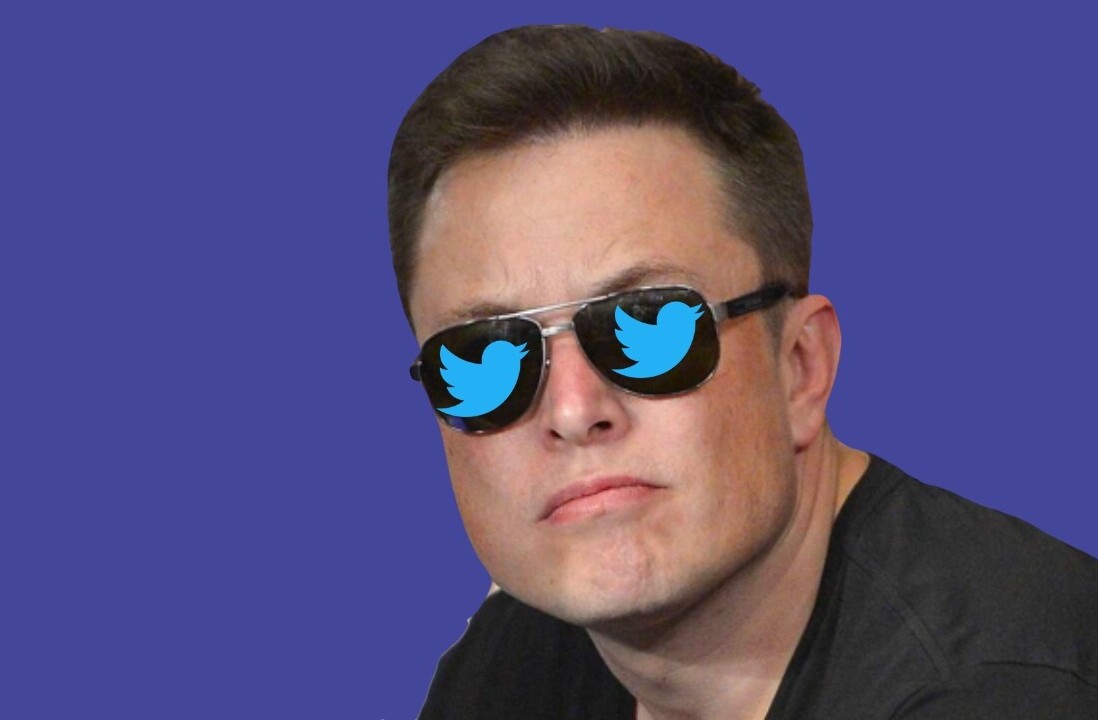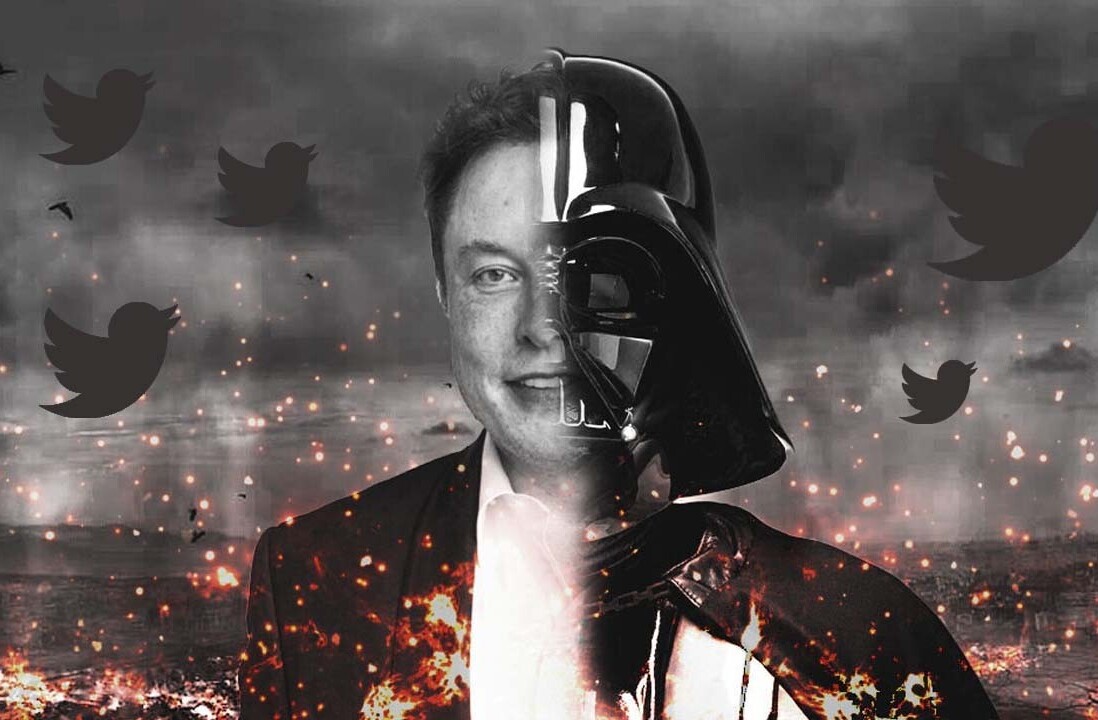
With an upcoming IPO, Twitter has a vested interest in smoothing out people’s perceptions of its founding story. So perhaps its no surprise to see a New Yorker profile on Jack Dorsey which gives his side of the story of its early days in response to explosive excerpts from New York Time’s writer Nick Bilton’s upcoming book on Twitter — ‘Hatching Twitter: A True Story of Money, Power, Friendship, and Betrayal‘ — which were published last week.
Current Twitter Chairman Dorsey probably suffers the most from Bilton’s words — which cast him as a near-villainous character — so it’s not a huge surprise to see the lengthy editorial on him, which gives his side on many parts of Bilton’s narrative.
Although, given the length of this profile, it seems unlikely that it was written in the five days since the New York Times’ editorial was published.
No ultimatum to oust Noah Glass
Like the Bilton teaser, there’s plenty of interest in staff writer D. T. Max’s piece: perhaps most notable is Dorsey’s claim that he didn’t force ‘forgotten’ Twitter founder Noah Glass from the company as the NYT serialization claims.
The New Yorker explains that Glass “grew disruptively erratic” — he was going through a divorce at the time that Twitter was turning from idea into product — which Dorsey says was the basis for his exit, rather than any ultimatum:
Eventually, the decision was made to fire Glass. Bilton reports that Dorsey threatened to quit unless Glass was forced out. Dorsey says otherwise: “I didn’t give an ultimatum. . . . I didn’t have that leverage. Ev made his decision.” As Dorsey recalls it, “Ev asked me, ‘Should we let Noah go?’ And I said, ‘I don’t think I can work with him in his current state.’ ” Zachary recalls Williams announcing that he was going to fire Glass, because “no one wanted to deal with him.”
Having established that Dorsey did not plot the exit of Glass — whose claim of a central role in inventing Twitter is debunked by early employees cited by The New Yorker — the piece goes on to address some the issues behind Dorsey’s first stint as Twitter CEO and rifts between the founding members.
While Max acknowledges that Dorsey’s explanation of early issues to him “edits out his own failings”, we’re told that Dorsey had a CEO coach and “always resumed working later in the evening” after taking off early for the yoga or art classes that he infamously pursued in his spare time.
Those two points cover the suggestion that he was somehow stubborn in his ways as early CEO, and his obsession with non-work issues distracted him from the task at hand, which was developing Twitter.
Twitter founders’ rift is buried
Dorsey was ousted from his position as CEO when Ev Williams took over, and there’s been much interest in the suggestion that — while left with plenty of free time — Dorsey met with Facebook founder Mark Zuckerberg with regards to potentially being hired.
The New Yorker’s piece makes no mention of that — though Dorsey admits that there was a time when they met “regularly” (Zuckerberg would cook for him, in case you wondered) — but it does say that Dorsey considered (but rejected) the possibility of working for a VC firm and, most interestingly, “played around with various social-media tools.”
The implication here is that Dorsey was developing new services, but we’re not given many details since he tells Max: “I can’t tell you about them, because I might want to do them one day!”

Dorsey, of course, went on to start payments startup Square, which is a billion dollar company in its own right. In another subtle mention that plays down suggestions of a Twitter founders’ rift, The New Yorker claims Williams connected Dorsey to Square’s first investor, while Williams himself says he wished he had invested in Square.
“What I have seen in the last few years as a Jack observer is his intense focus on his work and on himself to become better. It’s amazing,” Williams tells Max.
Biz Stone, the third founder, goes even further in his praise of Dorsey, saying:
It’s very rare for a programmer—I mean, a geeky programmer kid—to, in a relatively quick amount of time, become a global leader. . . . Larry Page is the C.E.O. of Google, but he doesn’t have anywhere [near] the qualities that Jack has.
What was that about a Twitter rift?
Finally’s it’s worth noting that — perhaps in response to the ‘no women on Twitter’s board’ topic — the profile makes extensive references to Dorsey’s involvement in the Girls Who Code initiative. Another pretty clear PR and marketing message from Team Twitter.
We recommend you give the profile a read in full. It’s long but will be worth your time.
➤ Two-Hit Wonder [The New Yorker]
Hat tip Mike Isaac — Images via TechCrunch / Flickr, @karaswisher, @LTM
Get the TNW newsletter
Get the most important tech news in your inbox each week.






